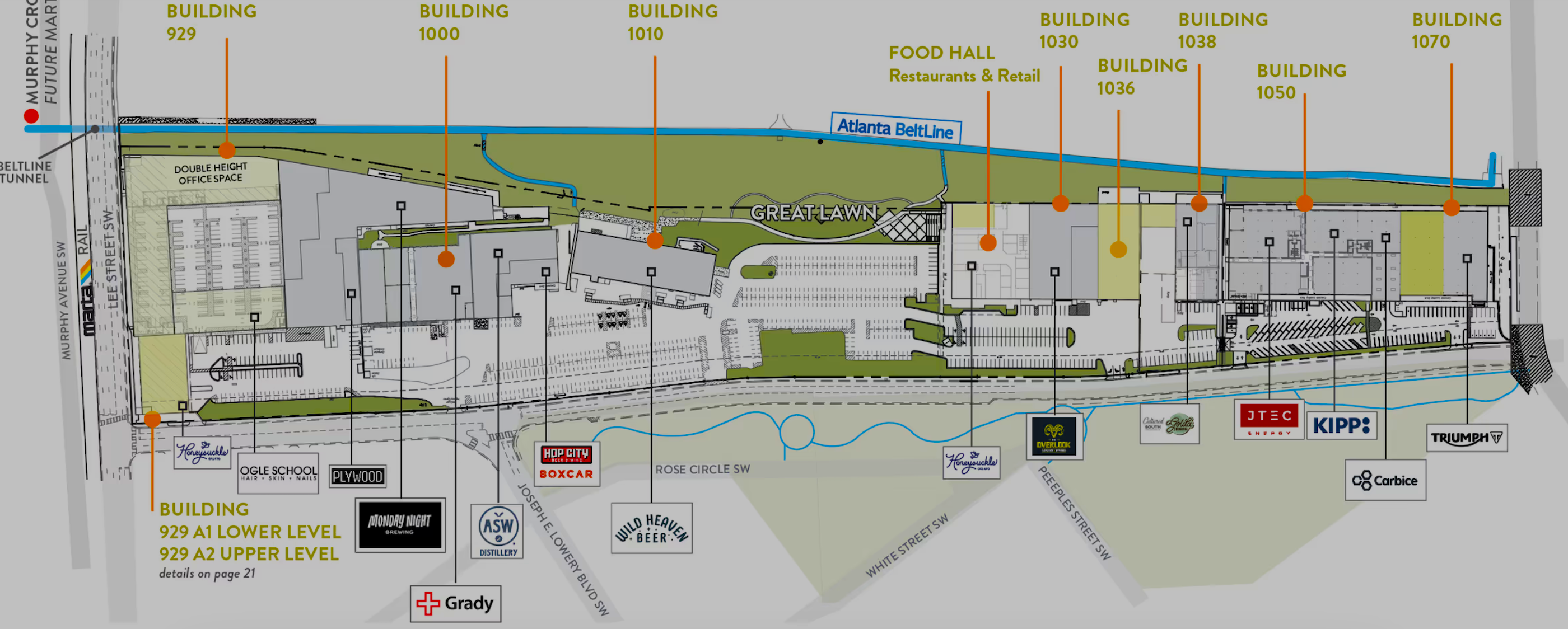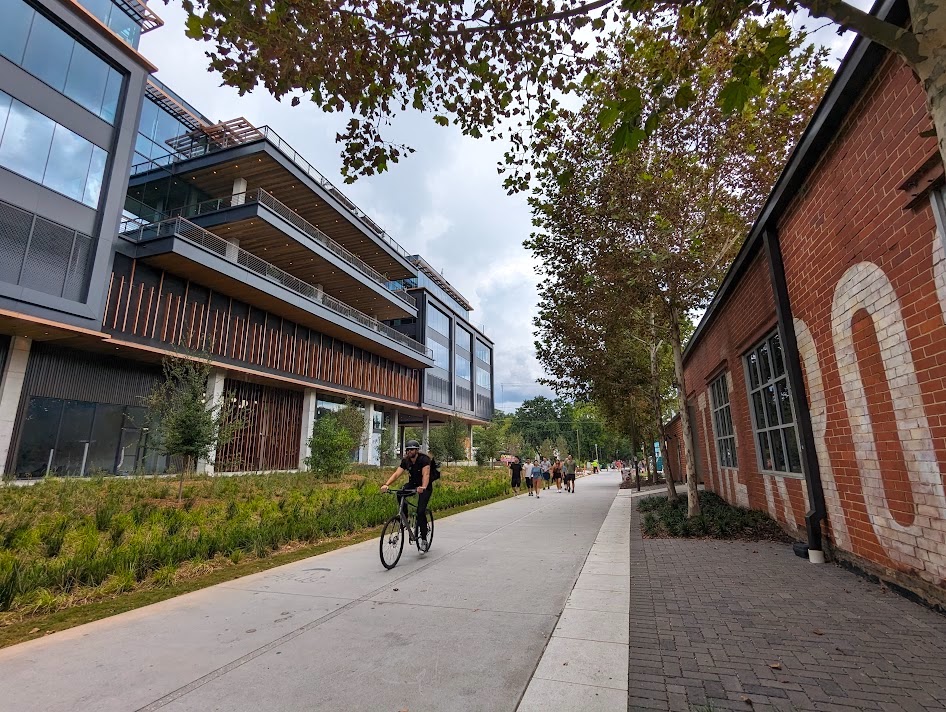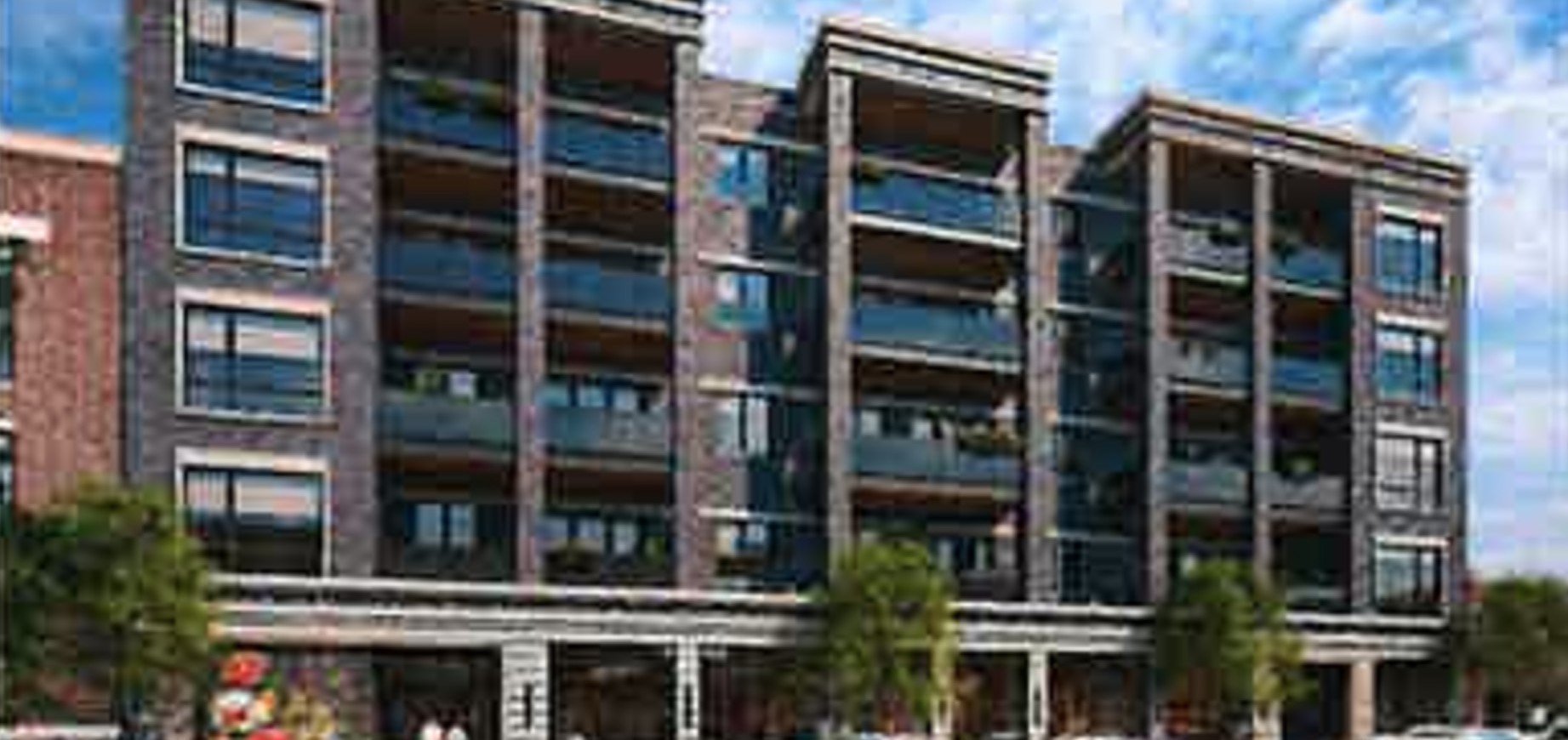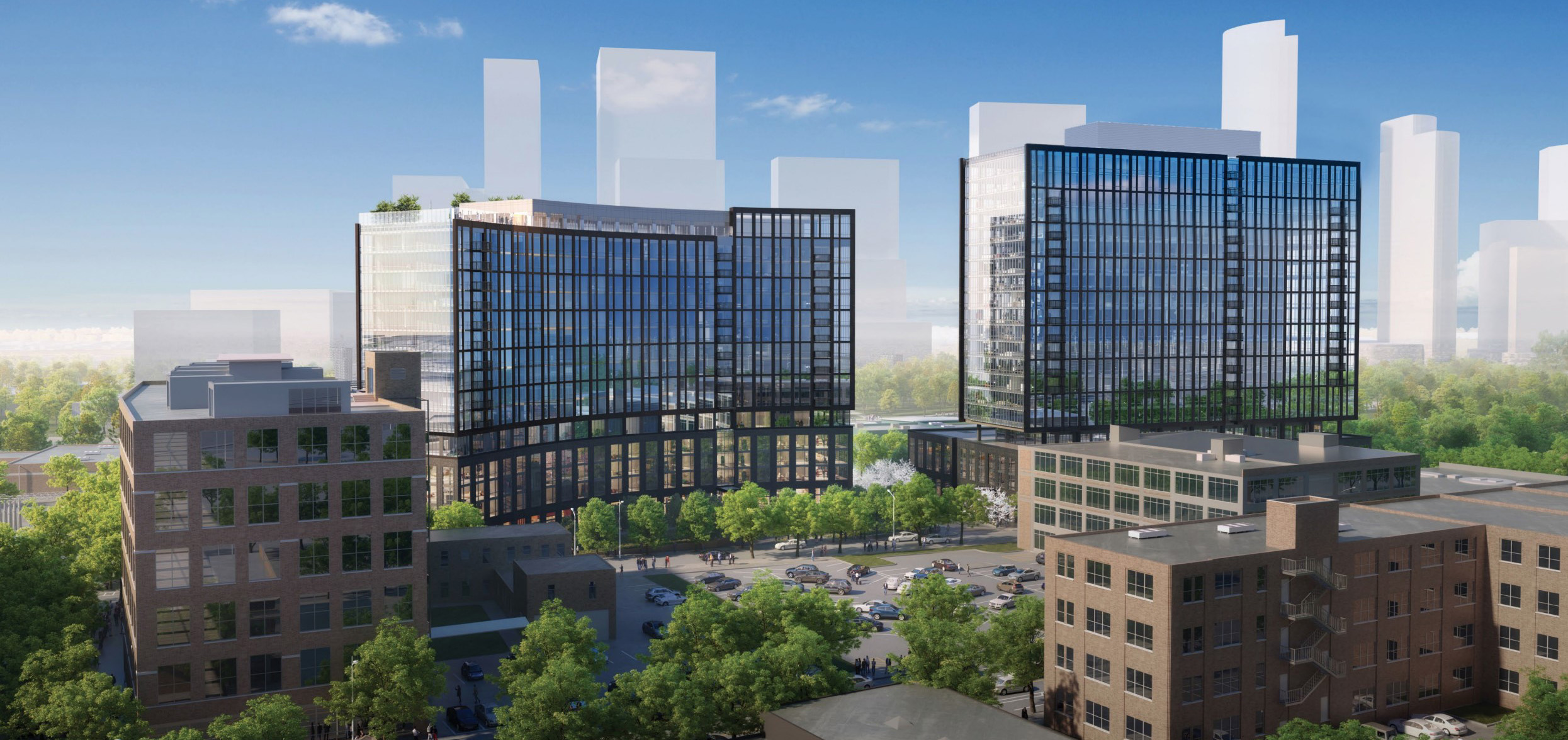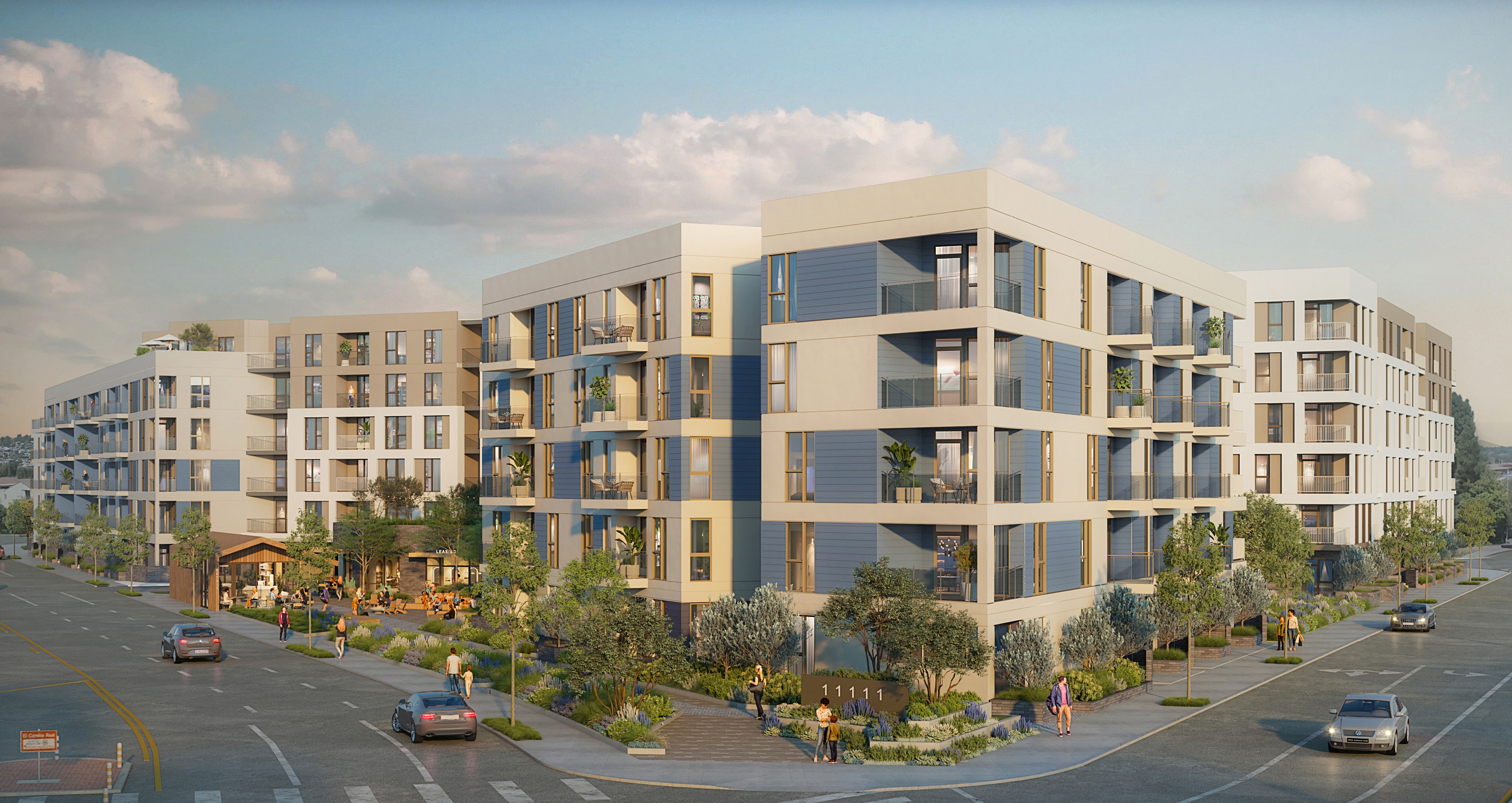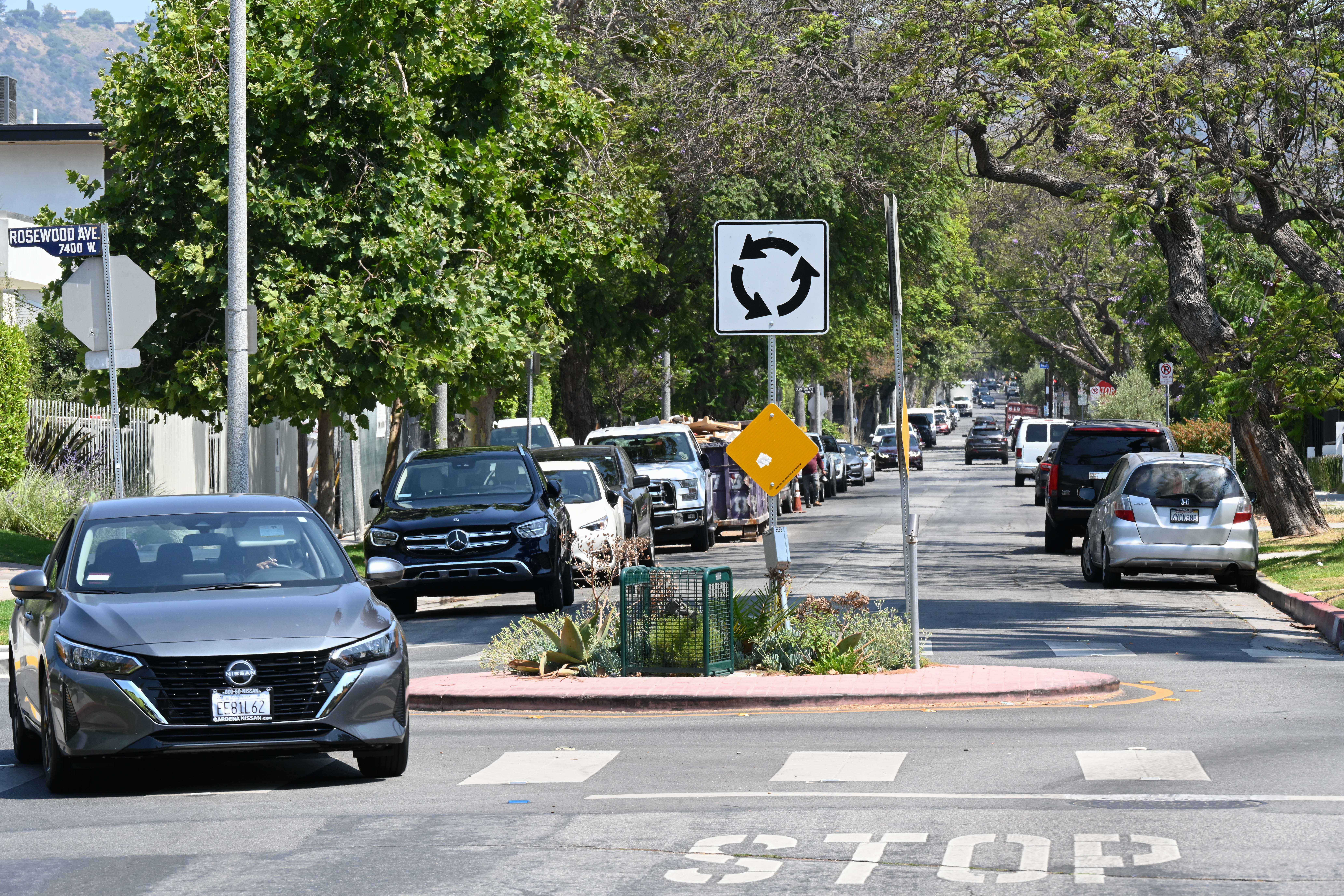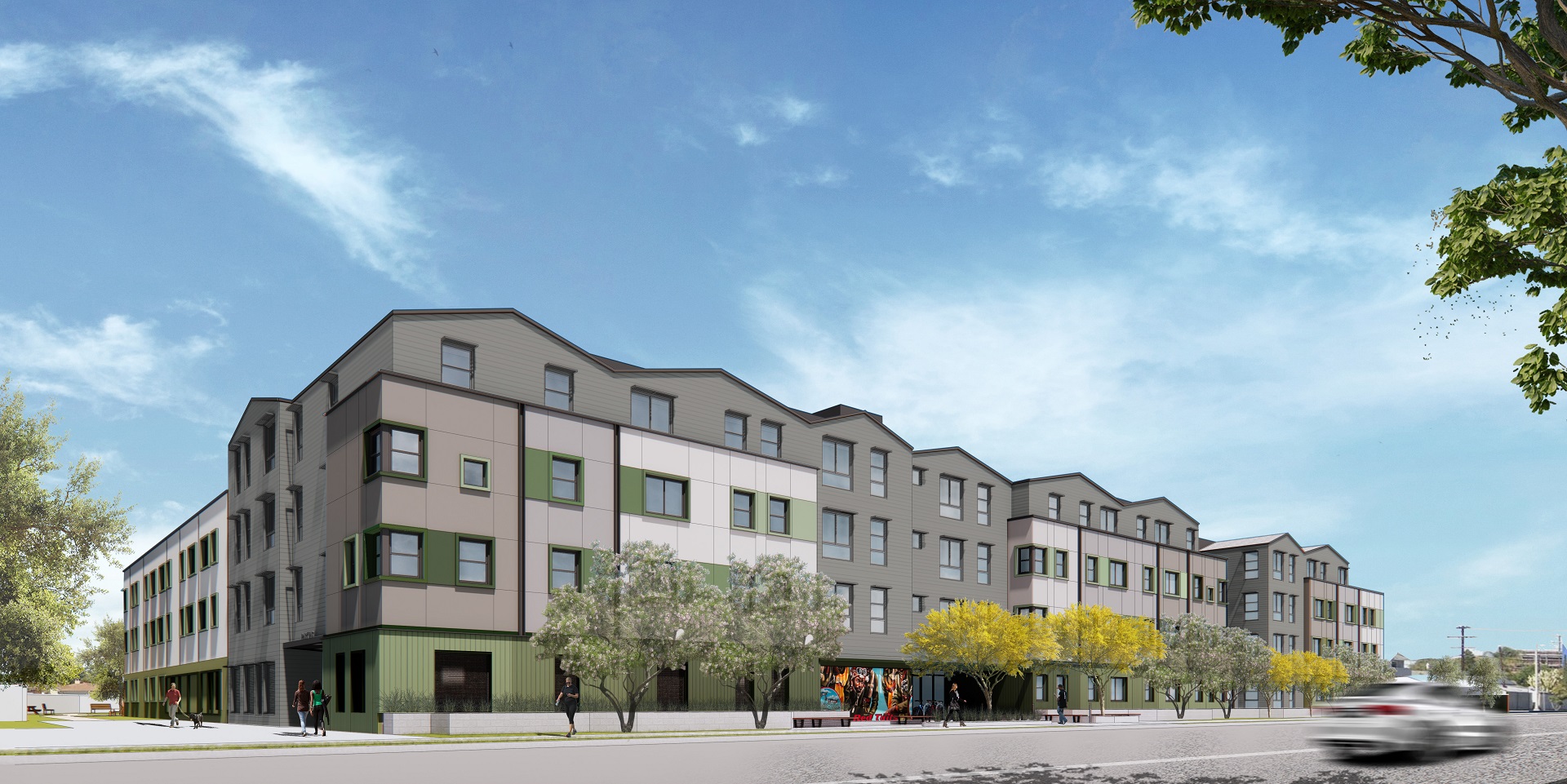- Urbanize
- Posts
- Urban Space Design Shifts to Smarter, More Social Cities
Urban Space Design Shifts to Smarter, More Social Cities
A global study examined the evolution of urban public space research in 688 publications, identifying a post-pandemic shift toward health, social equity, and smart cities.

|
📅 Today's Story: A new bibliometric study analyzed 688 global publications on urban public space development from 1975 to 2024. The study reveals historic and emerging themes in public space design, like better health and social equity.
📝 Editor's Note: We've been pleasantly surprised at how many of you not only like our daily national newsletter, but actually read and engage with it. This is what motivates us to keep doing what we do. As always, thank you for subscribing.
|

Total Publications and Citations by Year (Source: Sec. Sustainable Design and Construction)
📰 What Happened: A comprehensive bibliometric study of 688 publications on urban public space development (from 1975 to 2024) revealed a steady rise in research activity, driven by global urbanization challenges and shifting urban planning priorities. It also found that, around the world, what urban developers care about and push for has changed, especially since 2001.
🔍 A Closer Look:
⇢ The study found that, from 1975 to 2024, there were 688 publications on urban public design (with 11,165 citations), with 76 publications in 2023 alone.
⇢ China, the UK, and the US lead in terms of publication volume, but Belgium’s Ghent University is the most prolific institution for urban public design research.
⇢ Switzerland's Sustainability emerged as the most influential journal in the field, publishing the most re-cited papers in the space.
⇢ Research themes have shifted from basic spatial design to more complex, big-picture topics, such as public health, social equity, and integrated smart cities.
⇢ The Global South is historically underrepresented, pointing to opportunities for more inclusive research (and development) in overlooked regions.
🧠 Why It Matters: The rebound in sales, rents, and leasing reveals growing investor confidence and renewed enthusiasm for developments in NYC’s urban core. The borough’s continued recovery and new construction suggests the tides are turning for urban investors and developers alike.
|
West EndWest End’s Lee + White district welcomes slew of new openingsPaid parking policy also to be implemented at Beltline-connected, adaptive-reuse hub soon |
Old Fourth WardAtlanta Beltline building bags Rivian’s East Coast headquartersEV maker plans to inject Portman’s Junction Krog District with 500 onsite employees |
HapevilleImages: Three cheers for Hapeville's artful placemaking pushLandmark new signage near Atlanta Printmakers Studio aims to instill sense of place, purpose |
|
LakeviewMixed-use development proposed at 1215 W. BelmontThe five-story building would have 40 apartments and retail space |
Lincoln ParkCity Council approves long-delayed 1840 N. Marcey developmentA scaled back version of the project overcame previous controversy |
|
Culver CityCulver City's 11111 Jefferson revised to add housing, ditch officesRevised plan adds nearly 50% more density |
